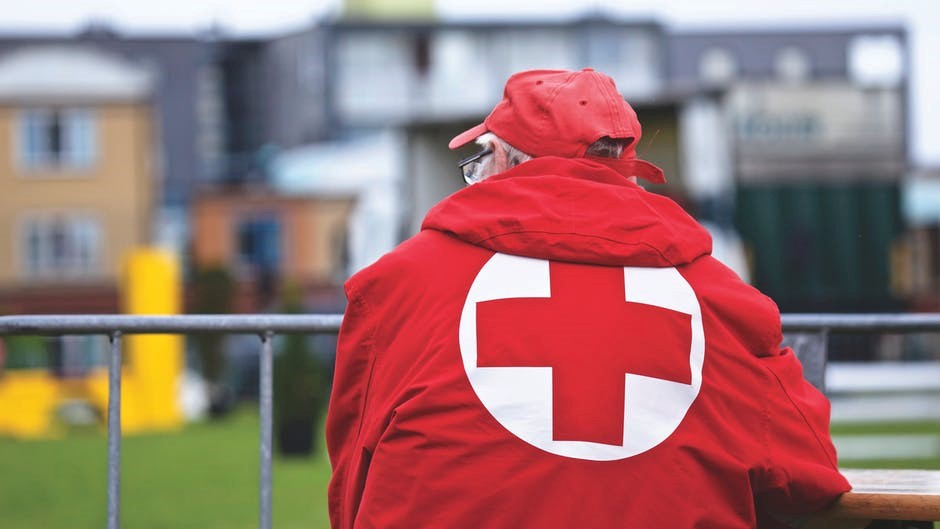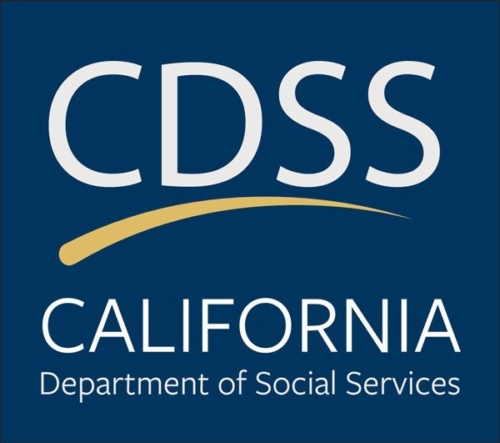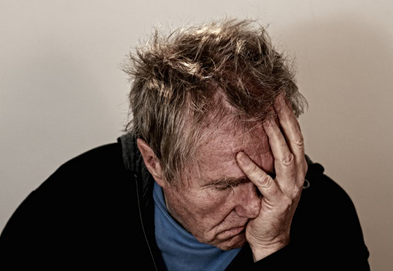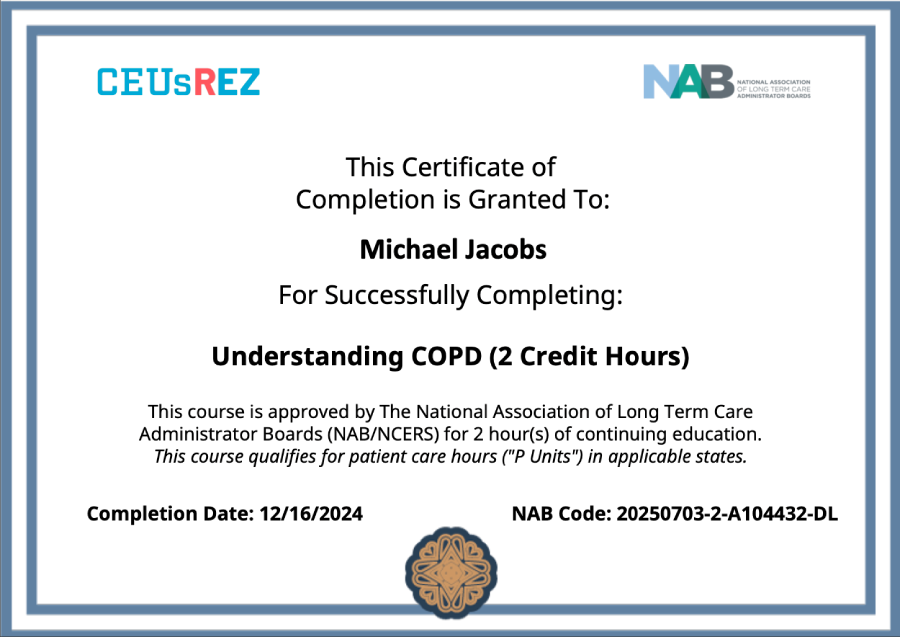A fall can be defined as “unintentionally coming to rest on the ground or other lower level with or without consciousness.” Age-related changes and disease impact an older person’s ability to maintain balance. Falls in the elderly population remain an increasing and ongoing problem. Cognitive impairment, various medications, and changes in a person’s environment all appear to contribute to an increased risk of falls. Falls in the older population are public health and community problems with adverse physical, medical, psychological, social, and economic consequences. Some of the consequences are disability and deformity, curtailment of routine social activities, fear of repeated falls, cost of medical care associated with injuries, and loss of income.
Falls in the Elderly (RCFE/ARF – 3 Hours Self-Paced Online)
Total Price$30.00
Description
A fall can be defined as “unintentionally coming to rest on the ground or other lower level with or without consciousness.” Age-related changes and disease impact an older person’s ability to maintain balance. Falls in the elderly population remain an increasing and ongoing problem. Cognitive impairment, various medications, and changes in a person’s environment all appear to contribute to an increased risk of falls. Falls in the older population are public health and community problems with adverse physical, medical, psychological, social, and economic consequences. Some of the consequences are disability and deformity, curtailment of routine social activities, fear of repeated falls, cost of medical care associated with injuries, and loss of income.





